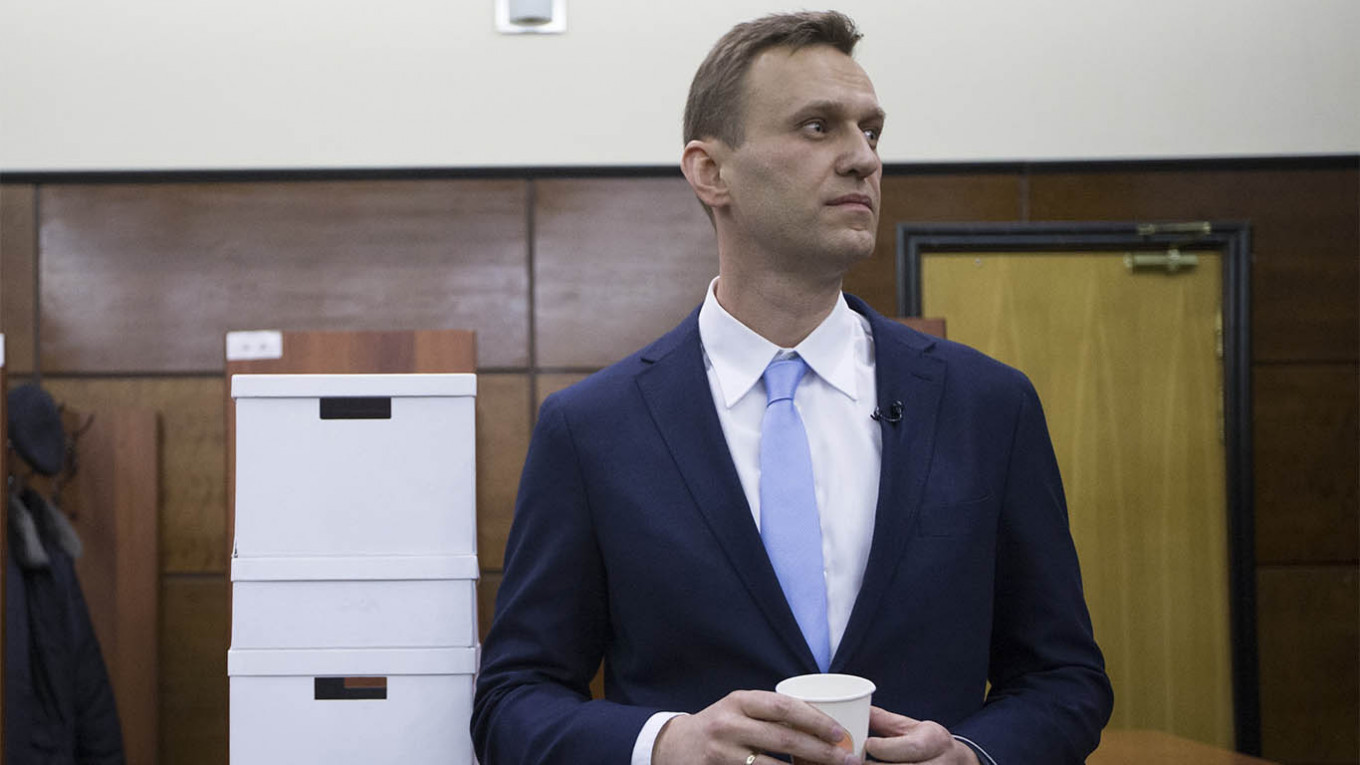Every time someone attempts to assassinate one of the Kremlin’s political opponents, the regime responds with exactly the same spin campaign: “We have nothing to gain from this person’s death,” “The victim has been out of the political scene too long to even matter” or “His/Her death would cause more problems for the Kremlin than their continued activity.”
I staunchly believe these attacks do benefit the Kremlin. They reveal what the Kremlin fears most and which opposition strategies for regime change they consider most likely to succeed.
There is a concept in economics called “revealed preference.” It means that you should judge the true preferences of economic players not by what they say, but by what they do.
So, if an economics expert declares, “The dollar will collapse soon, so it’s best to buy rubles,” but they keep their personal savings in dollars, then their revealed preference is that the dollar is the more reliable investment tool.
In the same way, every assassination attempt that the state commits or refuses to investigate tells us exactly who the ruling regime considers its main opponents to be.
What do the authorities fear most? Regime change.
When exactly will it happen — that is, when will the regime lose the support of the ruling elite and society? That will happen when government officials and ordinary citizens feel they have more to gain from replacing the current leaders than from maintaining the status quo.
This is why the government is so afraid of the opposition’s three-pronged approach: agitating for targeted sanctions against President Vladimir Putin’s close associates, undermining Putin’s approval rating and promoting its own “Wonderful Russia of the Future” platform.
This program aims to convince officialdom and society that only a post-Putin Russia would enjoy stable economic growth, prosperity and justice — the very things lacking in the stagnant Putin economy and corrupt Putin state.
This is why Boris Nemtsov was killed and Vladimir Kara-Murza was poisoned twice. They were key to convincing the United States and other countries to adopt the so-called “Magnitsky Act” and other sanctions against the Russian elite. This is why the Russian authorities branded the Free Russia Foundation (FRF) — founded by Russian emigrants, with Kara-Murza as Vice President — as an undesirable organization.
The Kremlin views efforts by the FRF to inform U.S. politicians of the real situation in Russia as dangerous because they help Congress target its sanctions against the regime more accurately.
The Kremlin has two reasons to fear Russian opposition leader Alexei Navalny. First, his many years spent exposing official corruption have taken a serious toll on Putin’s ratings — they are not just lower than before the annexation of Crimea, but lower than they have ever been during his 18 years in power.
Second, Alexei Navalny is a viable alternative to the current regime.
Whereas Putin never fulfilled the promises he made in 2012 and refused to honor those he voiced in 2018, Navalny formulated a realistic and progressive plan for the country’s transformation. That program appears on Navalny’s presidential campaign site and remains completely relevant today.
It calls for doubling outlays for healthcare, education and science by fighting corrupt procurement practices by the state and state-owned companies, cutting expenses on government officials, lowering taxes on small businesses, deregulating the economy and deflating the bloated bureaucracy, and taking other measures to restart economic growth and reduce economic inequality.
Navalny is pioneering not only “what to do” for Russia, but also “how to do it.” His YouTube channel already has four million subscribers, his national network of supporters is the most effective political party in Russia, and his “smart voting” tactic had a tangible effect on the results in 2019.
The Kremlin deals particularly harshly with those who pose an existential threat to it. The telltale fingerprints of the ruling authorities on these crimes indicate exactly what they fear most.
They also clearly show the opposition what it needs to do — namely, to continue the work begun by the victims of these crimes. The more people who help convince citizens and the elite to withdraw their support for the authorities and explain that only a post-Putin Russia can hope to progress, the safer every opposition leader will be.
Those who tried to kill Navalny thought there was nobody who could replace him. Yes, Navalny is hard to replace, but others can carry on his work, even if those efforts are imperfect at first. And the more people who join in the task, the less incentive the authorities will have to try to snuff out each one of them.
This article was first published by Vtimes.
A Message from The Moscow Times:
Dear readers,
We are facing unprecedented challenges. Russia's Prosecutor General's Office has designated The Moscow Times as an "undesirable" organization, criminalizing our work and putting our staff at risk of prosecution. This follows our earlier unjust labeling as a "foreign agent."
These actions are direct attempts to silence independent journalism in Russia. The authorities claim our work "discredits the decisions of the Russian leadership." We see things differently: we strive to provide accurate, unbiased reporting on Russia.
We, the journalists of The Moscow Times, refuse to be silenced. But to continue our work, we need your help.
Your support, no matter how small, makes a world of difference. If you can, please support us monthly starting from just $2. It's quick to set up, and every contribution makes a significant impact.
By supporting The Moscow Times, you're defending open, independent journalism in the face of repression. Thank you for standing with us.
Remind me later.








